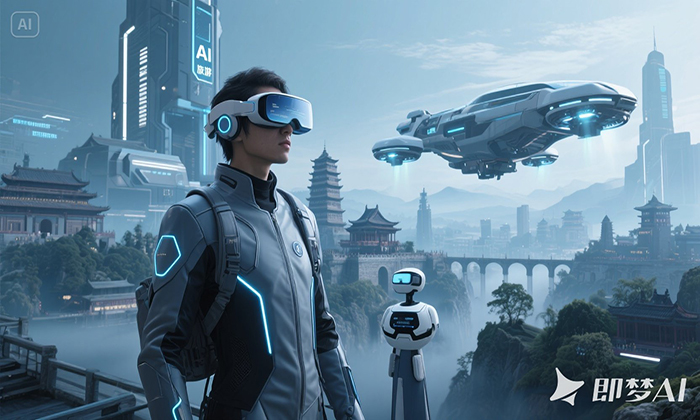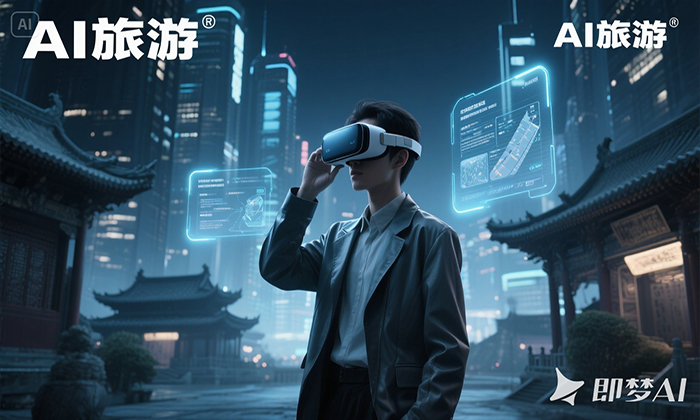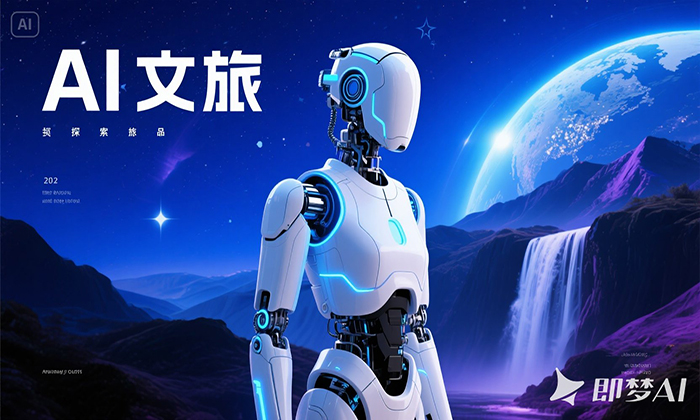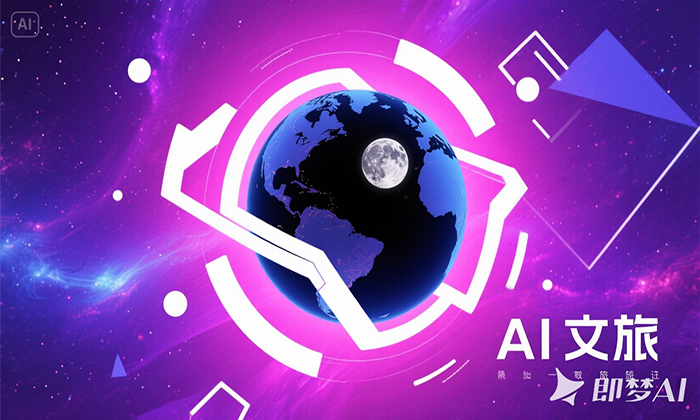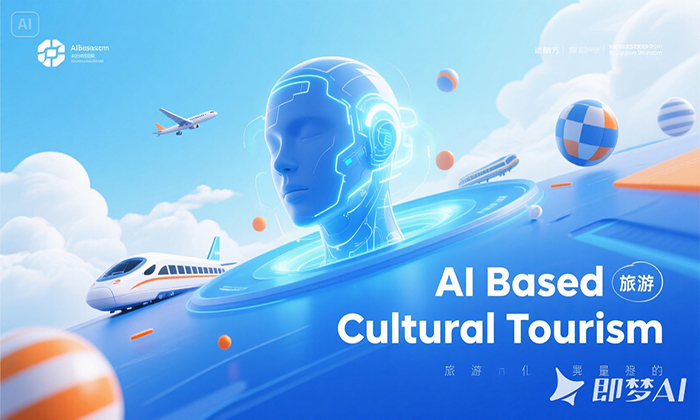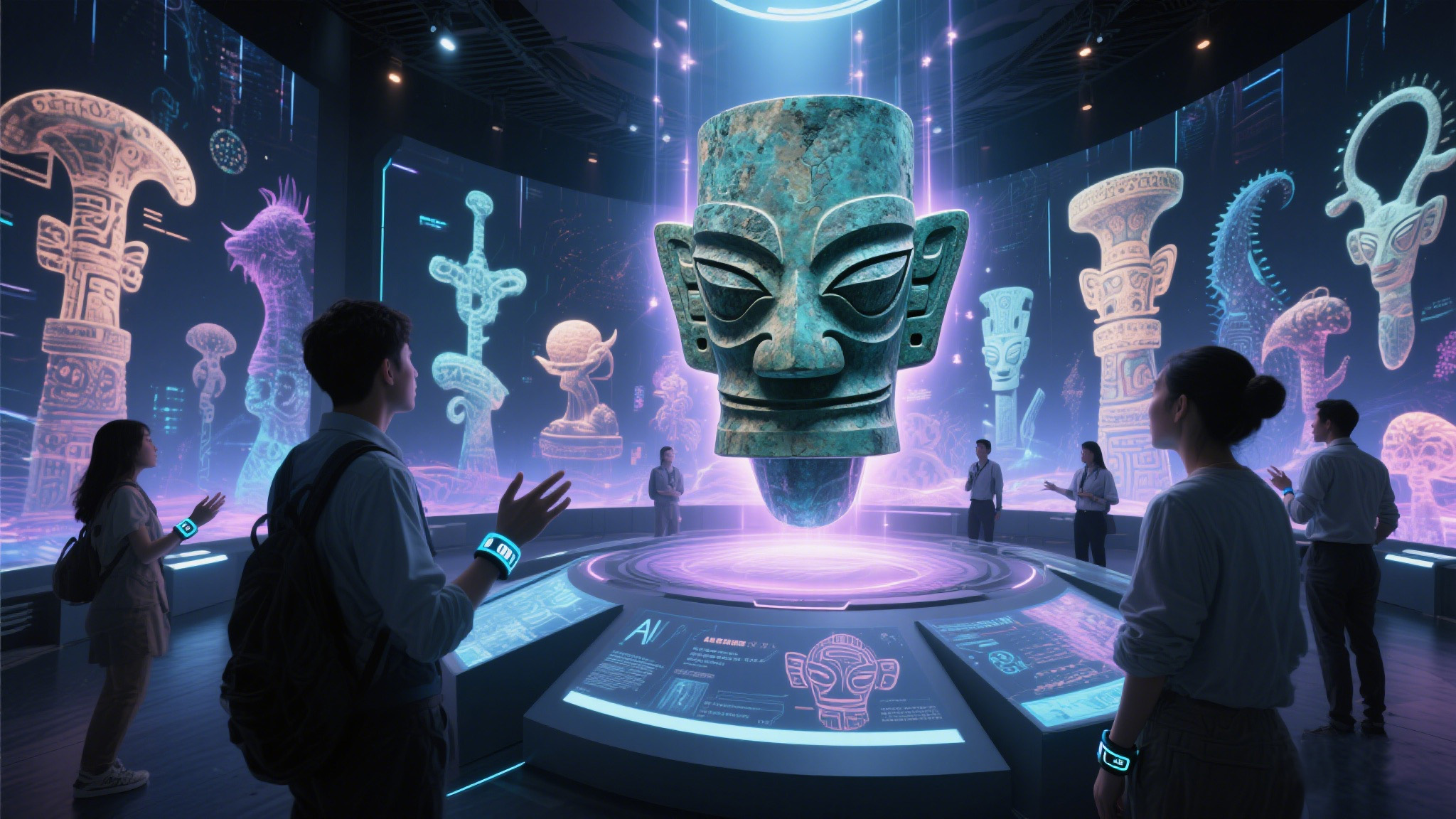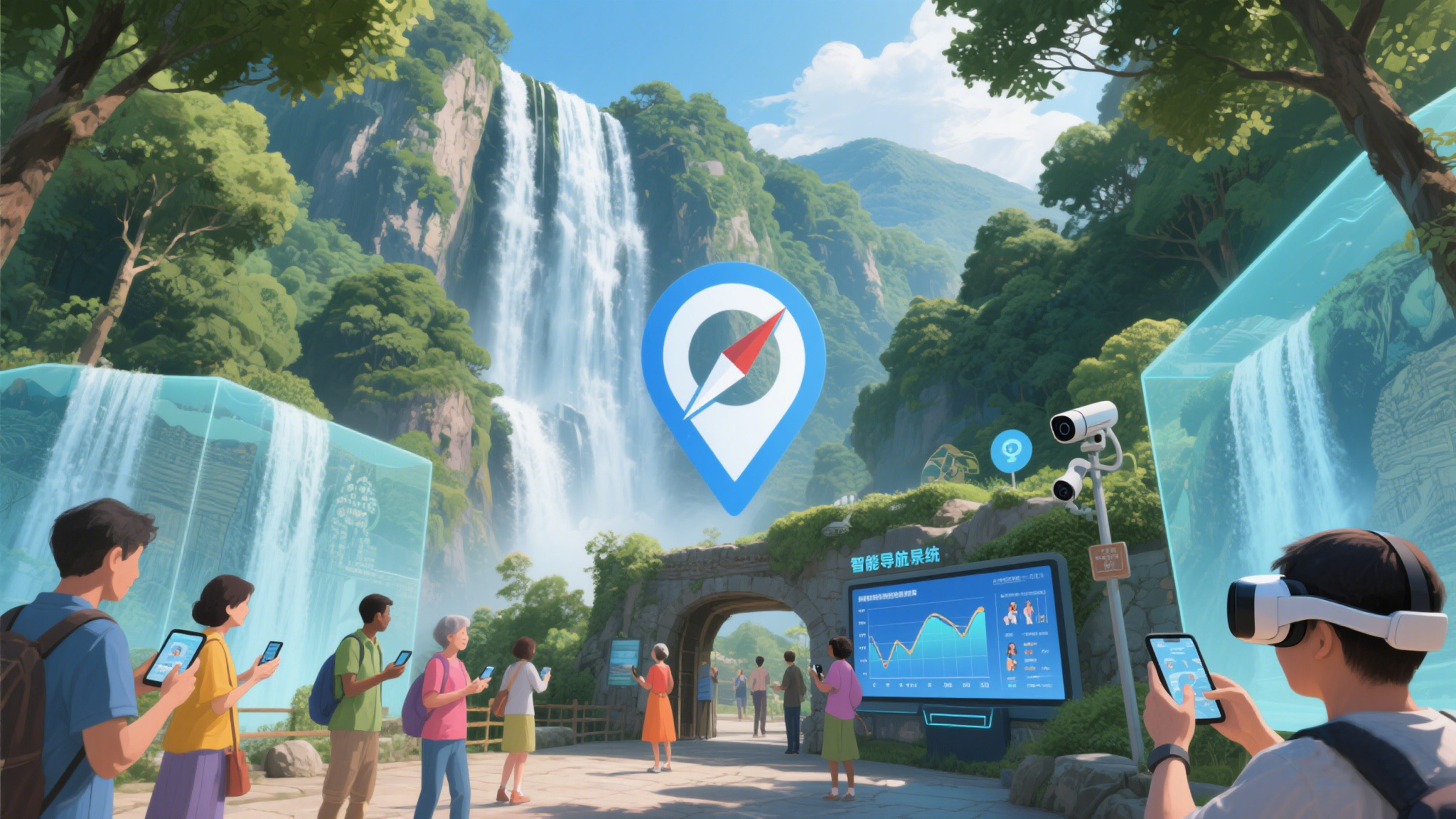AI in Tourism: Transforming the Travel Experience
Personalized Travel Recommendations
One of the most compelling applications of AI in tourism is the ability to provide personalized travel recommendations. By leveraging machine learning algorithms, travel platforms can analyze vast amounts of data, including user preferences, past behaviors, and social media activity, to offer tailored suggestions for destinations, accommodations, and activities.
Example: Trip Advisor
TripAdvisor uses AI to analyze user reviews and ratings to provide personalized recommendations. The platform's algorithm can identify patterns and preferences, ensuring that users receive suggestions that align with their interests and past experiences.
Virtual Assistants and Chatbots
Virtual assistants and chatbots are becoming increasingly popular in the tourism industry, providing 24/7 support and enhancing the overall customer experience. These AI-powered tools can handle a wide range of tasks, from answering frequently asked questions to assisting with booking and providing real-time travel updates.
Example: Hilton Hotels
Hilton Hotels introduced "Connie," an AI-powered concierge robot, to assist guests with information about hotel amenities, local attractions, and dining options. Connie uses natural language processing (NLP) to understand and respond to guest inquiries, offering a personalized and engaging experience.
Smart Destinations and Augmented Reality
AI is also being used to create smart destinations, where technology enhances the visitor experience through augmented reality (AR) and other interactive features. AR can provide visitors with immersive and educational experiences, bringing historical sites and cultural landmarks to life.
Example: The Louvre Museum
The Louvre Museum in Paris has implemented an AR app that allows visitors to explore exhibits in greater detail. By pointing their smartphones at specific artworks, visitors can access additional information, high-resolution images, and even virtual tours, enhancing their understanding and appreciation of the art.
Predictive Analytics and Demand Forecasting
AI-driven predictive analytics can help tourism businesses make informed decisions by forecasting demand, optimizing pricing, and managing resources more efficiently. By analyzing historical data and current trends, AI models can predict peak travel periods, helping hotels, airlines, and tour operators to better plan and allocate resources.
Example: Airbnb
Airbnb uses AI to predict demand and optimize pricing for hosts. The platform's dynamic pricing tool analyzes factors such as location, seasonality, and local events to suggest optimal prices, ensuring that hosts can maximize their earnings while maintaining competitiveness.
Sustainable Tourism
Sustainability is a growing concern in the tourism industry, and AI can play a crucial role in promoting more responsible and eco-friendly travel practices. AI can help in monitoring and managing environmental impacts, optimizing energy use, and reducing waste.
Example: Google Maps
Google Maps uses AI to provide real-time traffic updates and suggest the most efficient routes, reducing fuel consumption and carbon emissions. Additionally, the platform offers eco-friendly routing options, encouraging travelers to choose more sustainable transportation methods.
Enhanced Customer Service
AI is transforming customer service in the tourism industry by providing faster and more accurate responses to customer inquiries. AI-powered chatbots and virtual assistants can handle a wide range of customer service tasks, from booking and cancellations to providing travel advice and resolving issues.
Example: KLM Royal Dutch Airlines
KLM Royal Dutch Airlines uses an AI-powered chatbot named "BB" to assist customers with a variety of tasks, including booking flights, checking flight status, and providing travel tips. BB can handle multiple conversations simultaneously, ensuring that customers receive prompt and accurate assistance.
Conclusion
Artificial intelligence is reshaping the tourism industry, offering new opportunities to enhance the travel experience, improve operational efficiency, and promote sustainability. From personalized recommendations and virtual assistants to smart destinations and predictive analytics, AI is driving innovation and creating a more seamless, enjoyable, and responsible travel ecosystem. As AI technology continues to evolve, we can expect even more exciting developments in the future, making travel more accessible, convenient, and rewarding for all.







